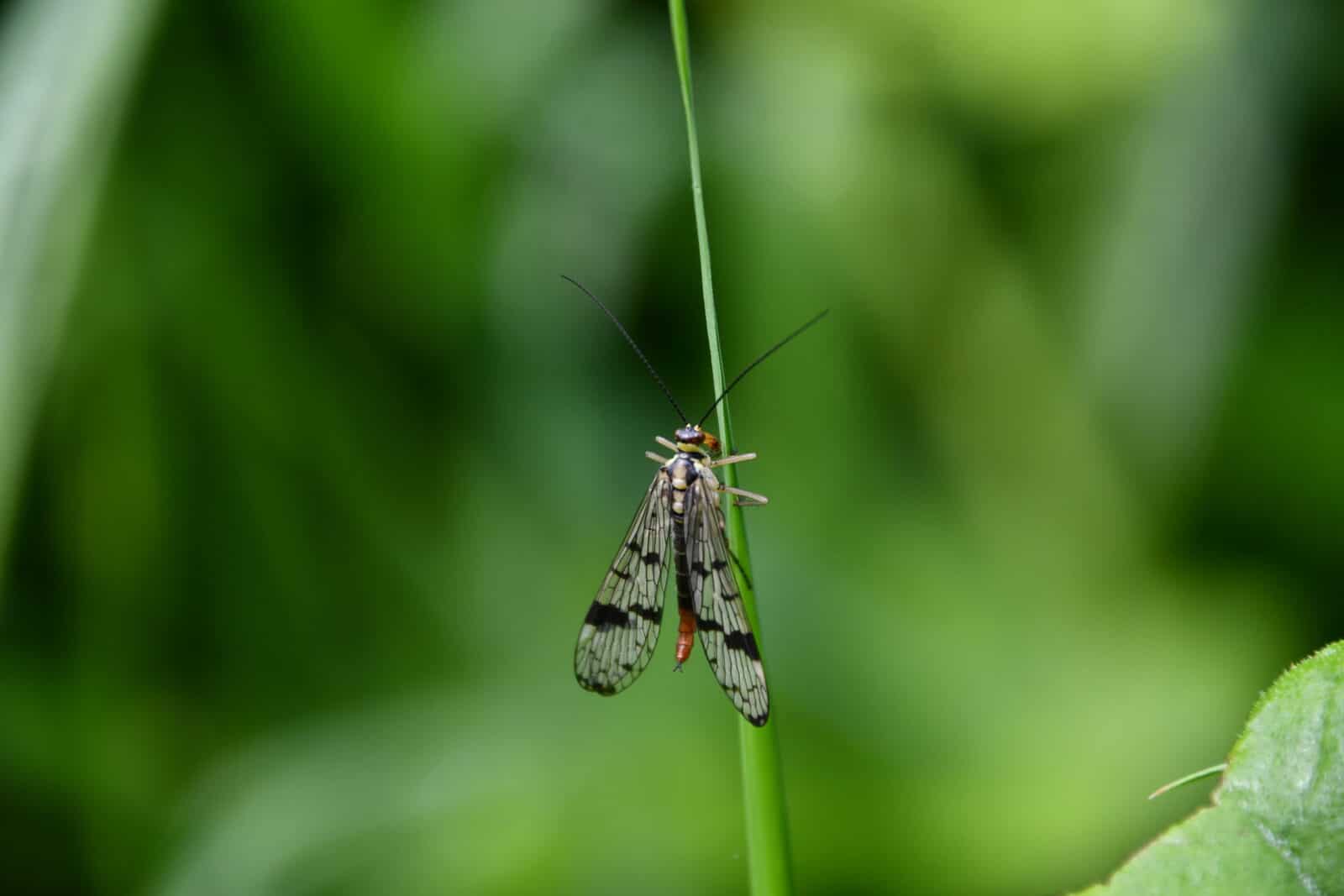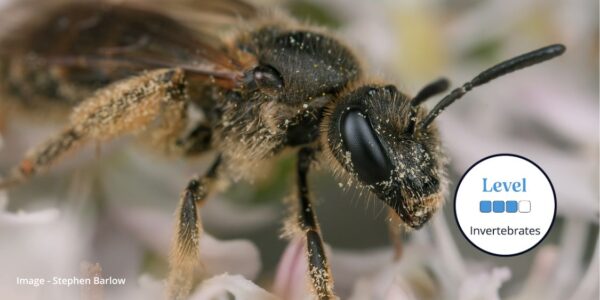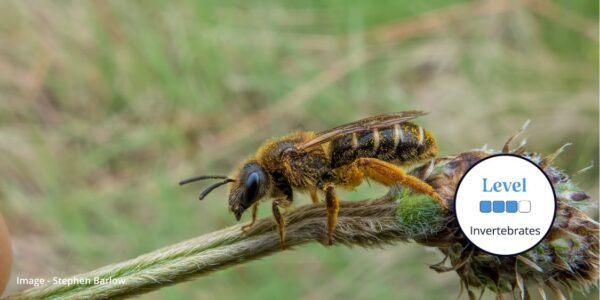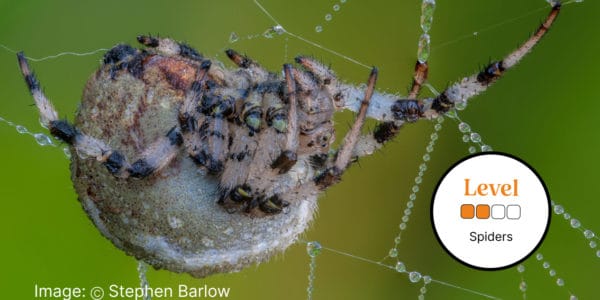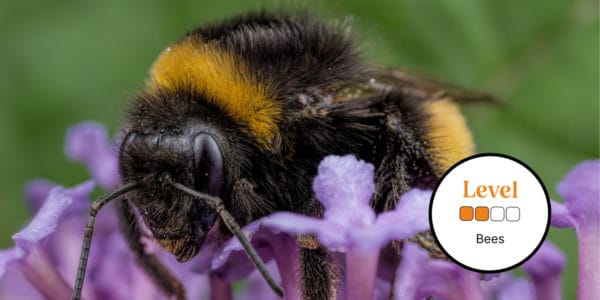This beginner course will demonstrate how Pantheon software works to gauge site conditions in a range of habitats. This will be done via real-time usage of the software.
There will be a brief outdoor session to try to identify any habitats that may suit invertebrate assemblage types at the course venue.
This course will cover:
- Understanding invertebrate assemblages using Pantheon
- How to gauge site condition based on the invertebrates of several habitat classes
- Which species are important
- The level of survey needed to assess for relevant assemblages
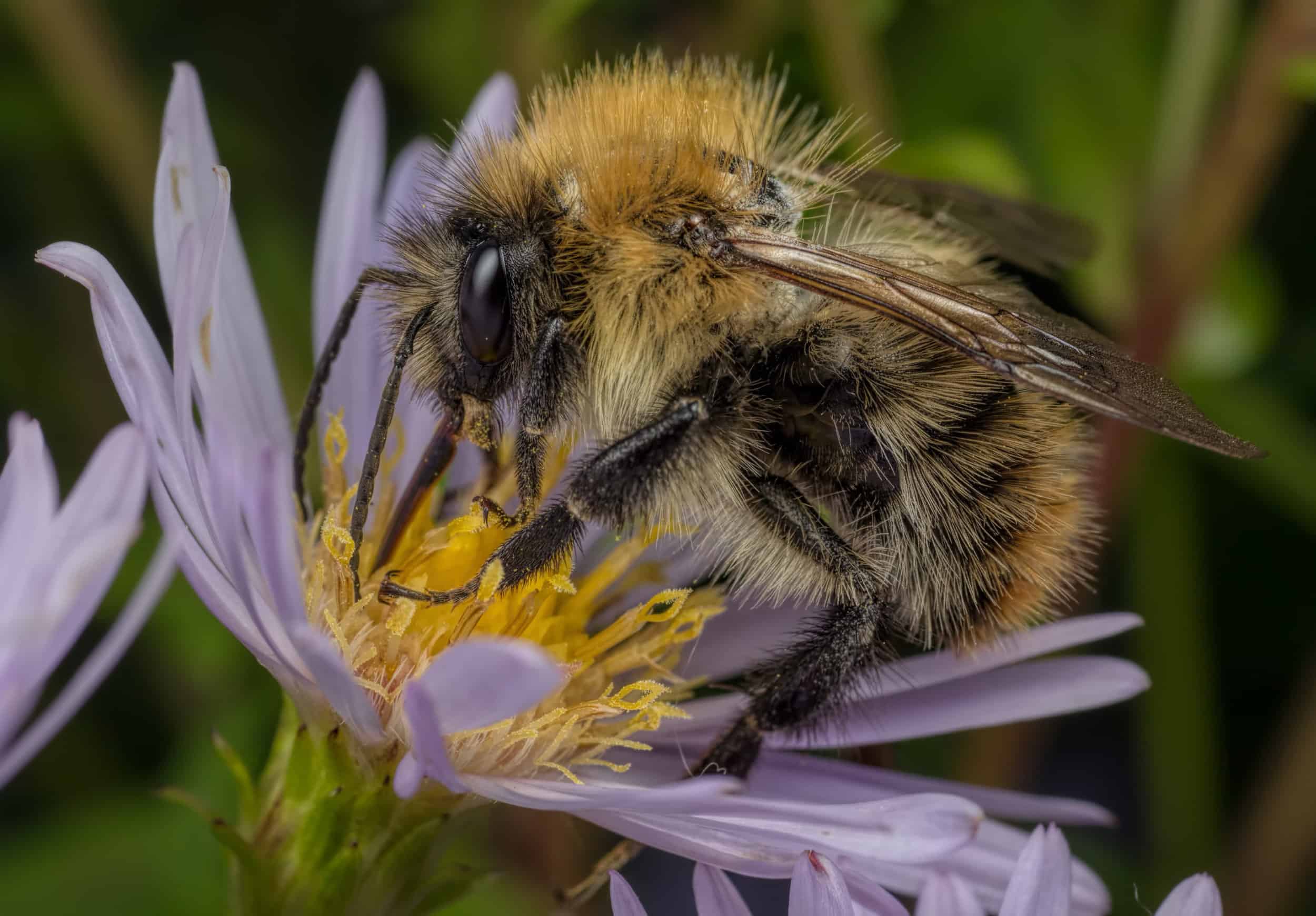
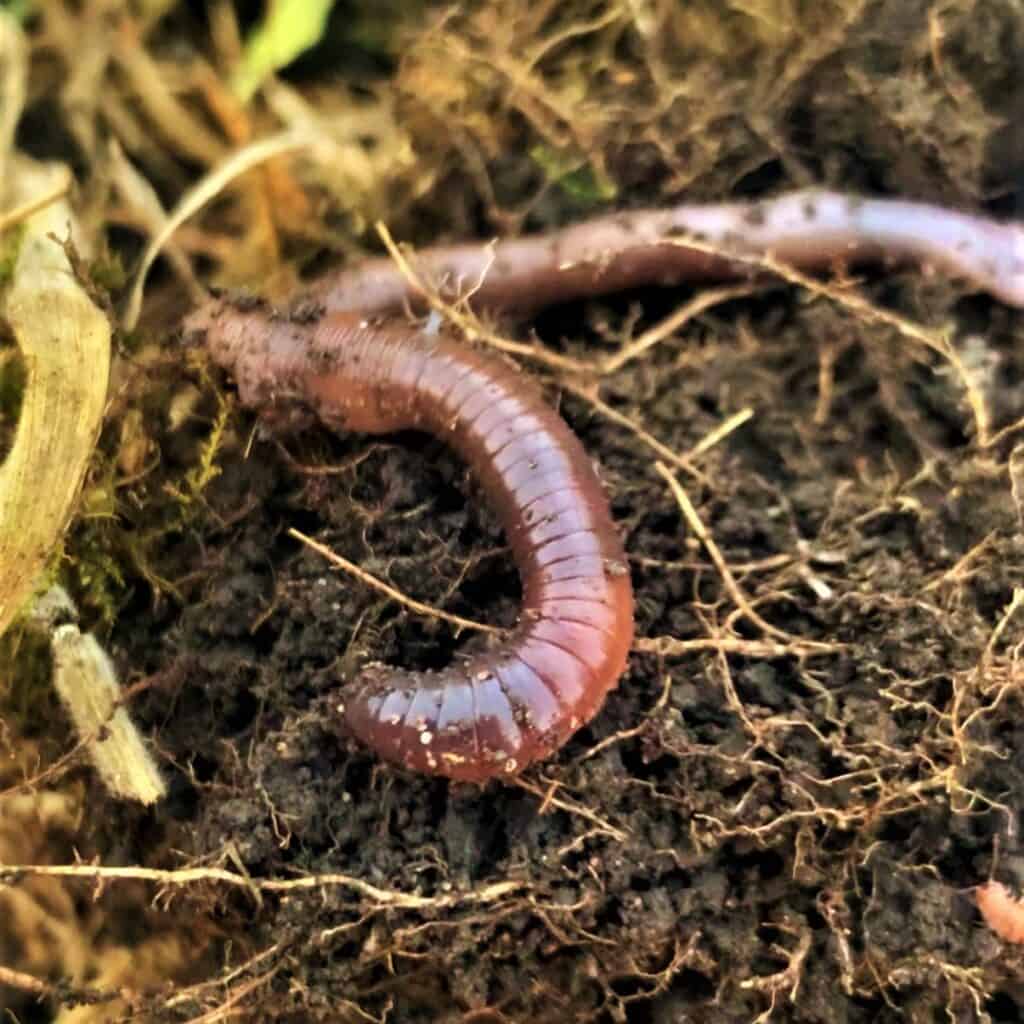
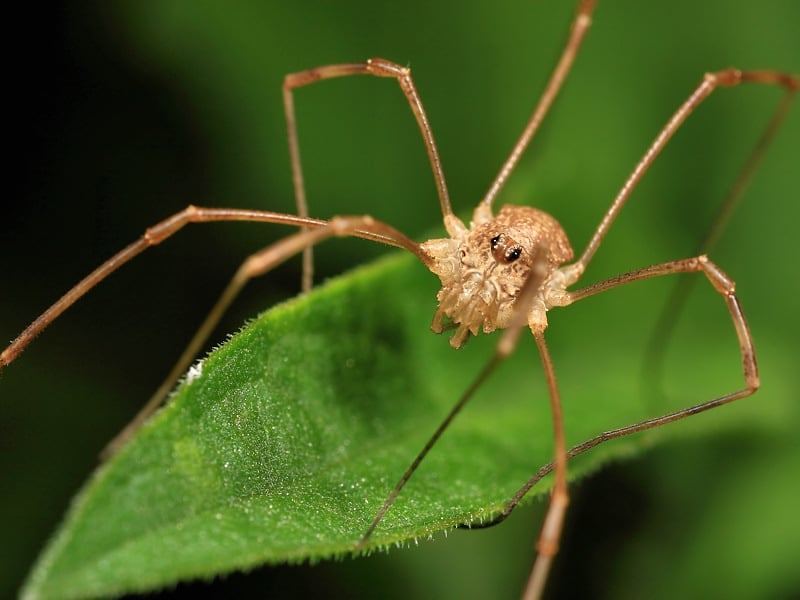
Read More
An understanding of invertebrate assemblages is important for anyone involved in SSSI management, entomology, and understanding more about invertebrates on a site and landscape basis. Natural England and the UK Centre for Hydrology and Ecology developed Pantheon software to enable those seeking to gauge site condition based upon the invertebrates of several habitat classes. This course will explain in detail each of these, which species are important, and give an understanding of the level of survey needed to assess them for the relevant assemblages.
By the end of the course, you will be able to:
- Use Pantheon software,
- “Read” habitats for invertebrate assemblages
Who Should Attend? – Naturalists with an interest of invertebrates, entomologists, site managers, ecologists, ecological students etc.
Knowledge Level – Beginner. Level descriptors can be found on the following web-page: Framework and Course Level Descriptors
Prior Knowledge – No prior knowledge needed though some basic level entomological knowledge would be useful.
PLEASE NOTE: There is no accommodation, refreshments, or meal facilities included in the course price. If we are unable to reach viable numbers for this course, we will inform you of the course cancellation 4-5 weeks prior to the course run. We would recommend when purchasing accommodation and/or travel you should take out your own insurance.
Bookings will close if course capacity is reached.
Please email [email protected] if you have any questions.
About the Tutor
Pete Boardman
Pete first got into flies after volunteering with Liverpool Museum’s entomological department in the early 1990s, with support from Tom Mawdsley and Richard Underwood. He ‘discovered’ craneflies when county moth recorder for Shropshire and chose them as a dissertation subject for his MSc in the mid 2000s. Following this he committed to the group and immediately worked on a Shropshire distribution atlas (2007) and a second improved version with keys in 2016.
In 2018 he was awarded a Churchill Fellowship which enabled him to spend a month at the Smithsonian Institution collections in Washington DC studying the Charles Alexander collection. This enabled him to later name 23 new species to science from Cameroon.
He currently is national cranefly recorder for the Cranefly Recording Scheme supporting John Kramer and Alan Stubbs.
Example Timetable
Example Timetable
This timetable is subject to change but should give a clear outline of what to expect.
- Please arrive in time for the course to start promptly at 10:00am
- The course will end at 4:30pm
10:00 – 12:30 – Introduction to invertebrate assemblages and Pantheon (including a 15 min comfort break - refreshments not provided)
12:30 – 1:30 – Lunch - not provided
1:30 – 2:30 – reading the landscape for invertebrate assemblages
2:30 – 2:45 – Break - not provided
2:45 – 4:00 - Invertebrate assemblages at course venue
4:00 – 4:30 – Wrap up and summary
Please note accommodation, refreshments, and an evening meal are not included in the course price.
What's Included
The course has been carefully created by expert tutors and educators to help you build your knowledge and apply it within the field surrounded by like-minded individuals.
The course includes:
- Classroom learning covering the theory of the species
- Field excursions to apply new knowledge
- Expert tuition for which the Field Studies Council is renowned
- Clear objectives and progression
You can rest assured that the absolute best content from an expert in environmental education will be provided. In choosing a Field Studies Council course, you will be joining thousands of people who learn with us each year.
Bursaries and Subsidies
Student Discount
This course is eligible for a student discount. If you are a current student, please use discount code BioStudent20 at checkout for 20% off all Biodiversity courses.
Natural History Bursaries
There are a number of natural history bursaries available to help with the cost of your course. To find out if you and your chosen course are eligible, read more here.
Before You Attend
What to Bring
- Notebook and pencil
- Lunch and refreshments
- Sensible footwear and clothing for being outdoors - sturdy boots, coat, etc.
- Small bag to carry personal items
There will be a member of staff with first aid training and access to a first aid kit on site. If you have special medical or access requirements, please let us know as soon as possible so we can plan the course.
Opportunities to attend this course
This course is not currently available to book. Dates will follow soon.
Sign up to our Email Newsletter
Progress Your Learning
This is a training course from the Field Studies Council, delivered by expert tutors with an approachable learning style. After attending this course, you may like to progress your learning with further relevant courses or branch out into other areas of natural history. The Field Studies Council offers both online and in person courses, so you can choose the learning style that suits you best.
The course gives you the opportunity to immerse yourself in a new subject and acquire novel skills. Our online portal gives you time to study at your own pace and fit the lessons around your own schedule.
If you have any questions about our courses please check our Frequently Asked Questions or email [email protected].
Group Bookings Made Easy
If you have a group of 10 or more individuals wanting to complete one of our courses, our team are available to discuss your options – from discounts to private team courses. Find out more!
You can rest assured that the absolute best content from an expert in environmental education will be at your fingertips. In choosing a Field Studies Council course, you will be joining thousands of people who learn with us each year.

